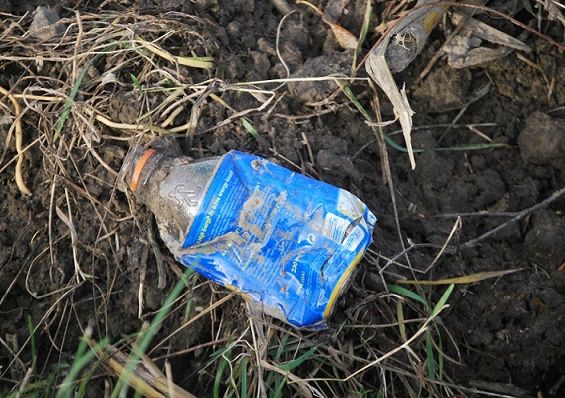A recent survey carried out by the body governing the regions, Dansk Regioner, has revealed that over 5,000 polluted sites around the country pose a direct threat to the groundwater.
An additional 8,000 are under suspicion as being so polluted that the groundwater could be at risk, reports DR Nyeheder.
READ ALSO: One in ten Danish drinking water sources are contaminated
The figures are extremely worrying. “We are finding a lot of polluted sites and the trend has also been that we’ve found more than we expected,” said Christian Andersen, a senior consultant at Danske Regioner’s scientific centre for the environment and resources.
The sins of the fathers
The polluted sites are usually old rubbish dumps, industrial areas and places connected with chemical spraying. Many of the pollutants are solvents used in industry and dry-cleaning, oil residues from garages, and old rubbish that has been buried in landfills and covered with a thin layer of soil.
However, one of the biggest sources of pollution has turned out to be pesticides and fungicides used in farming and industry.
“Over the last couple of years especially there has been a tendency to find large quantities of pesticides, and there are quite a few of us who have been surprised by the amounts discovered,” added Andersen.
Last year, Dansk Regioner spent 224 million kroner to protect the groundwater, but despite this investment it has not been enough to solve the problem.
Action needed now
“It is not possible to clean up all the polluted sites, so it is very important that we carry out a thorough risk evaluation to see where the problem is most acute,” said Heino Knudsen, the chair of Danske Regioner’s environment and resources committee.
Knudsen points out that it is vital to get as many as possible of the polluted sites under control.
“If we don’t do anything active and continue this initiative, then we might not have clean drinking water in a couple of years time,” he said.














